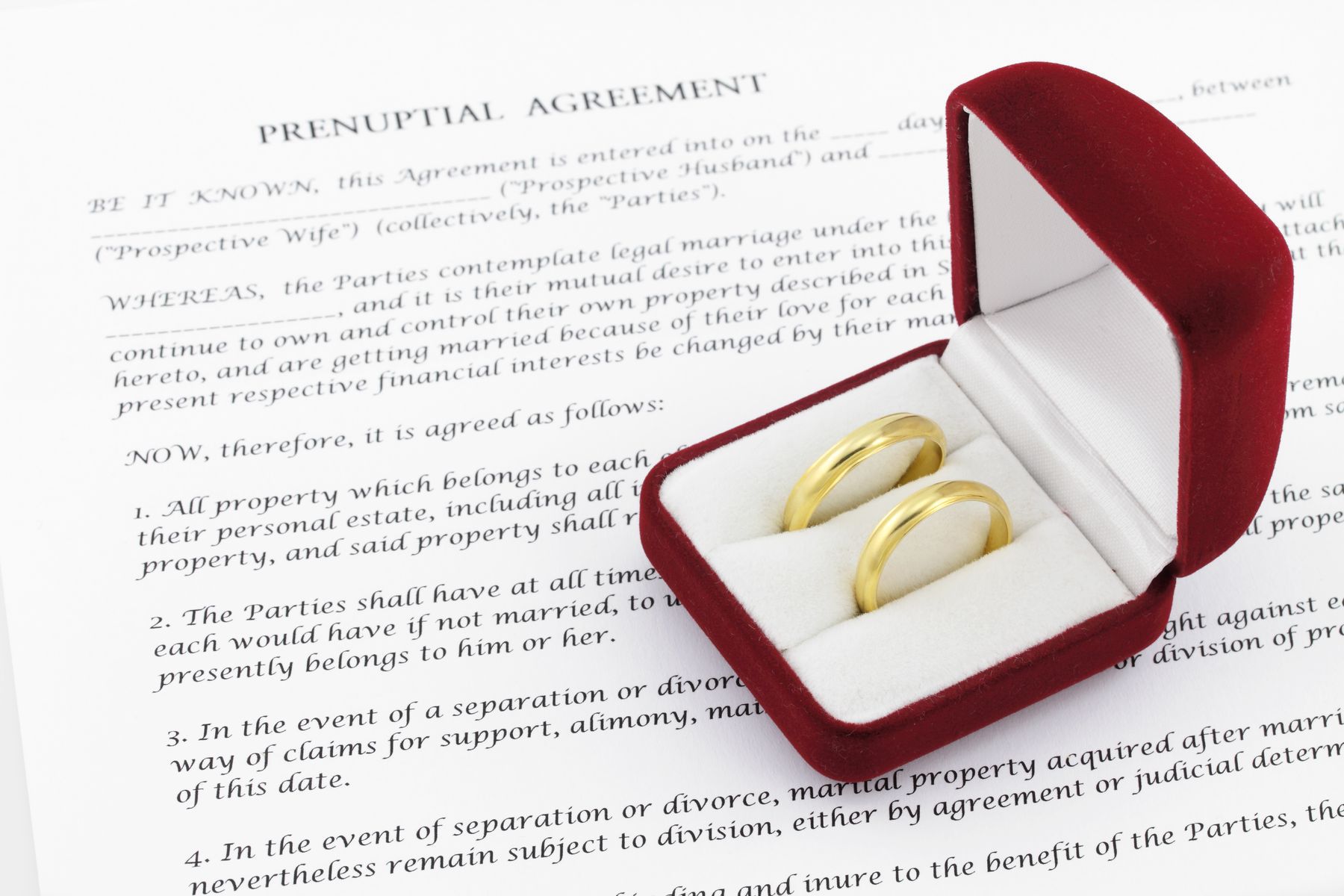If you are getting a divorce, you may need legal assistance enforcing a prenup or postnup in court. Prenups and postnups are important when couples want to protect their individual assets in case of future divorce, and they’re important for other reasons too. If a divorce does happen, a prenup or postnup could become a major focus when dividing up your marital property.
Reasons for Signing a Prenup or Postnup
One common reason for signing a prenuptial or postnuptial agreement is to protect separate assets. Some couples enter into a marriage with substantial, important or valuable separate property. To protect themselves if they ever divorce, they can sign an agreement designating the assets as separate property. That way, after divorce, each partner can retain the assets they owned before the divorce. This can be important not just for wealthy people, but also for people with inheritances or personally significant gifts that they received in the past and broughtinto the marriage.
There are other reasons for signing a prenup or postnup too. For example, these agreements also can shield spouses from each other’s debts. If one spouse has substantial personal debt coming into the marriage, the other spouse may want protection from it becoming joint debt. Further, couples who have children from other relationships may want a prenup or postnup. The agreement can form part of their estate plan ensuring that their children inherit their separate property. Otherwise, inheritance laws might require that the separate property go to their spouse or be divided among their named heirs.
Prenups and Postnups When You Divorce
If you plan to get a divorce, it’s very important to alert your lawyer about any prenuptial or postnuptial agreement that you signed with your spouse. The existence of an agreement could make a big difference in how your property gets divided. Your lawyer needs to review the agreement and assess how it could affect your case.
When you and your spouse have signed a prenup or postnup, the judge handling your divorce case will review it. The court is more likely to enforce a fair written agreement that clearly explains how your property will be treated should you divorce. Some factors that the judge might consider in reviewing the agreement include:
- Whether you were both represented by separate lawyers when you signed the agreement
- If you entered into the agreement voluntarily, without coercion
- Whether the agreement is fair and not one-sided
- Whether the agreement is unconscionable (public policy would favor not enforcing it)
- How well the parties disclosed their finances when forming the agreement
Speak to your divorce lawyer about the process of seeking court recognition of your prenup or postnup. If your divorce is going through a mediation or collaborative divorce, the above factors could become important too. A prenup or postnup can make settling a divorce easier because the agreement predetermines some aspects of property division. Your lawyer can explain more about the impact that your agreement will have on your case.
Limitations on Prenuptial and Postnuptial Agreements
Keep in mind that prenups and postnups cannot settle all issues related to divorce. For example, you typically cannot restrict child support or child custody rights. These agreements also shouldn’t include agreements to have or not have children. You also cannot include provisions that affect other family members, who would not be bound by the agreement’s terms. Finally, including incentives for divorce in a prenup or postnup is discouraged. It can be a sign of unequal bargaining power or coercion when signing the agreement. This means that very one-sided agreements can be less likely to be enforced in court.
If you plan to sign a prenup or postnup, make sure that you and your fiancée/spouse get separate, independent lawyers to advise you. If you have already signed an agreement and are planning on divorce, seek out a lawyer as well. Your divorce lawyer can review the agreement so you can better understand your rights as the divorce process moves forward.
Call New Direction Family Law for Divorce Help
If you are considering ending your marriage and you signed a prenup or postnup, ask the team at New Direction Family Law for assistance. With decades of combined legal experience, our attorneys are knowledgeable, effective, and compassionate professionals. We can review your agreement and advise you on your rights. At New Direction Family Law, we proudly serve clients in Wake, Johnston, Durham, and surrounding counties. Contact our firm at (919) 646-6561 to schedule a consultation, or visit us at our website.

